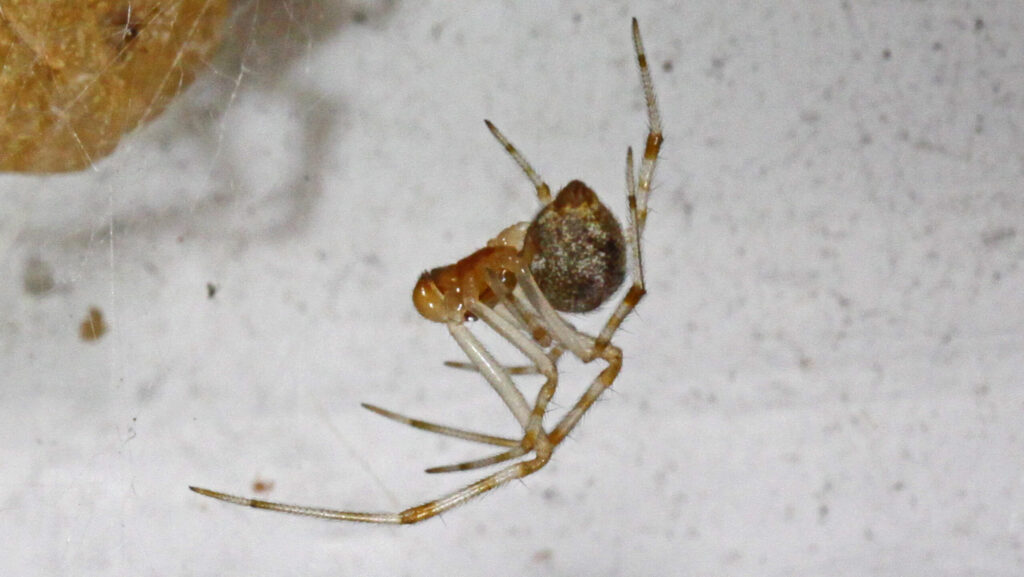That eight-legged creature hanging out in the corner of your basement might just be the unsung hero of your home’s pest control system. While most people’s first instinct is to grab the nearest shoe or spray bottle, the truth about basement spiders is far more fascinating and beneficial than you might imagine. These misunderstood arachnids are actually working around the clock to keep your home free from truly problematic insects, all while posing virtually no threat to you or your family.
The Shocking Truth About Spider Danger Levels
Here’s a fact that might surprise you: out of the approximately 40,000 spider species worldwide, only about 12 are considered genuinely dangerous to humans. That’s less than 0.03% of all spiders that could cause serious harm. The spiders commonly found in basements across North America and Europe are overwhelmingly harmless to people.
Most basement spiders belong to families like house spiders, cellar spiders, and wolf spiders. These species have evolved to be reclusive and non-aggressive toward humans. Their fangs are typically too small to penetrate human skin effectively, and their venom is specifically designed to subdue small insects, not large mammals like us.
Meet Your Basement’s Secret Guardians
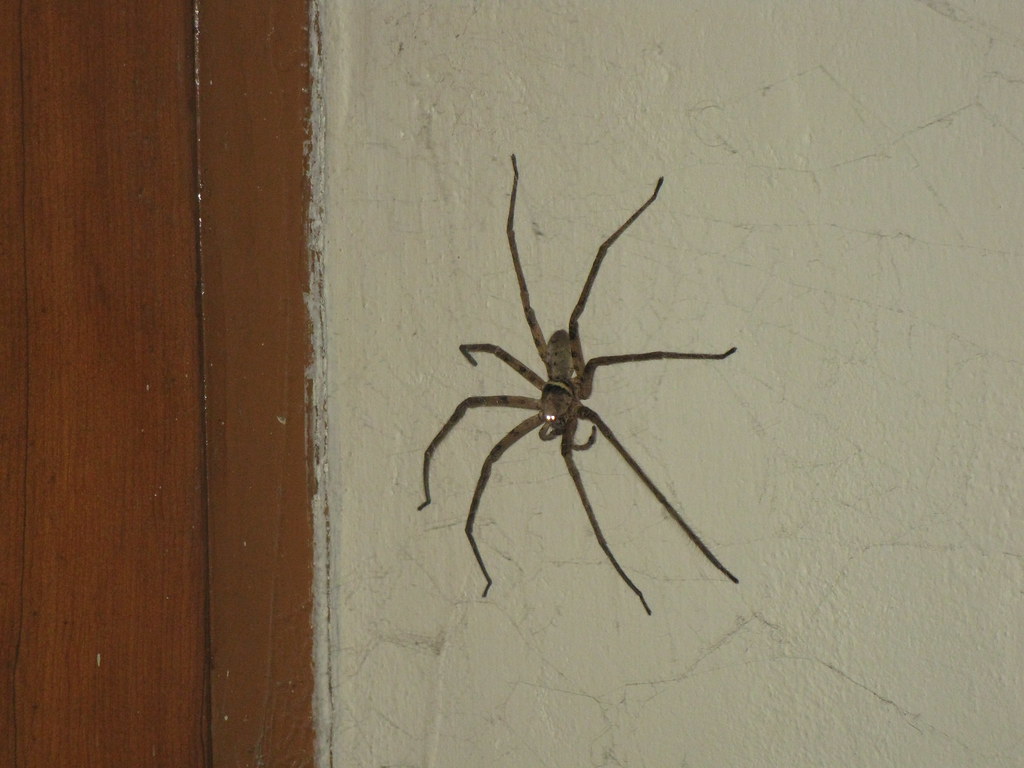
The most common basement dwellers include the American house spider, cellar spiders (often called daddy long-legs), and various wolf spider species. These arachnids have chosen your basement for good reasons: it’s cool, dark, and provides the perfect hunting ground for the insects they prey upon.
Cellar spiders, with their incredibly long legs and small bodies, are particularly skilled at catching flying insects. They build irregular webs in corners and undisturbed areas, creating invisible barriers against moths, flies, and gnats. Wolf spiders, on the other hand, are active hunters that patrol your basement floor, catching crawling insects before they can establish colonies.
The Incredible Pest Control Statistics
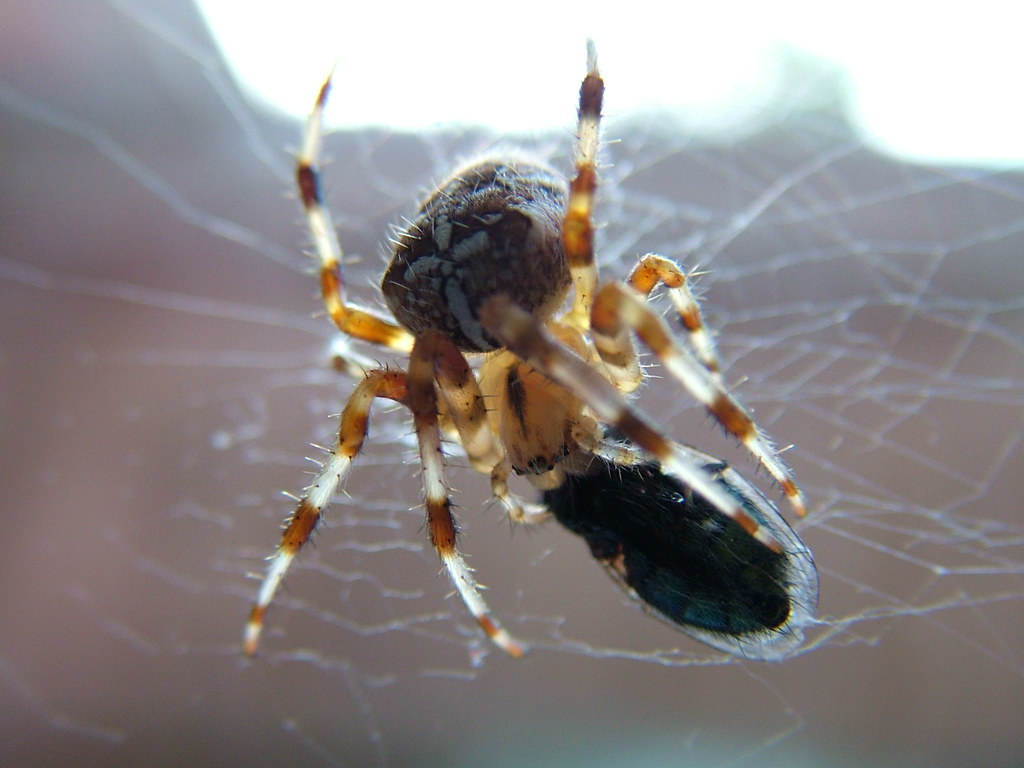
A single spider can consume up to 2,000 insects per year. When you multiply that by the several spiders likely living in your basement, you’re looking at a significant reduction in pest populations. This natural pest control service would cost hundreds of dollars if you hired a professional exterminator to achieve the same results.
Studies have shown that homes with healthy spider populations have 80% fewer flying insects and 60% fewer crawling pests compared to homes where spiders are regularly eliminated. Your basement spiders are essentially providing you with free, 24/7 pest management services that never require scheduling appointments or toxic chemicals.
What Your Spiders Are Actually Eating
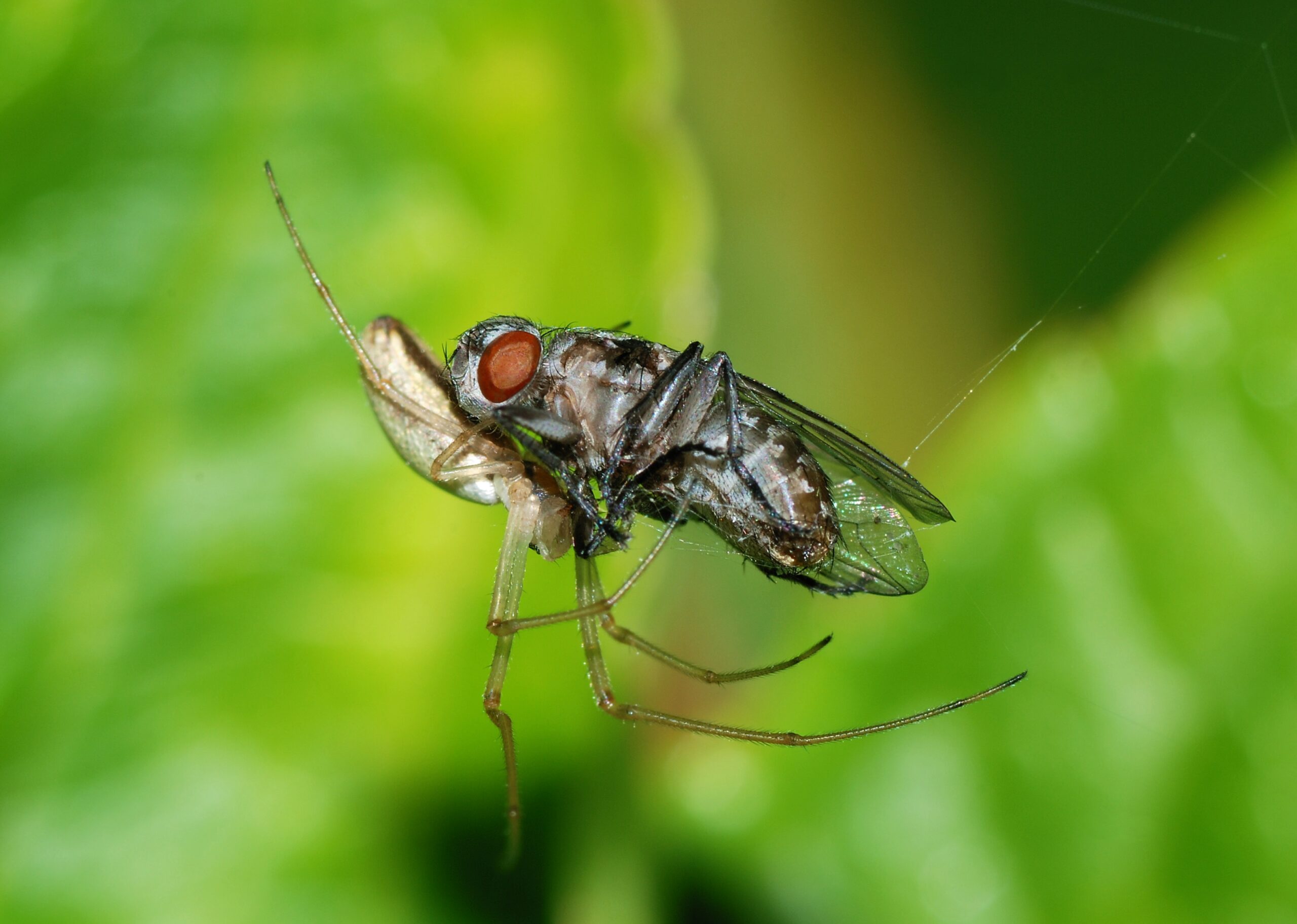
The menu for your basement spiders reads like a who’s who of household pests. They’re actively hunting down mosquitoes, flies, moths, silverfish, earwigs, and even small cockroaches. These are the insects that actually pose health risks or cause property damage, unlike the spiders themselves.
Mosquitoes alone can carry diseases like West Nile virus and Zika, while flies can spread bacteria from garbage to your food surfaces. Moths can damage clothing and stored items, and silverfish can destroy books and papers. Your basement spiders are intercepting these problematic insects before they can reach your living spaces upstairs.
The Myth of Aggressive Basement Spiders
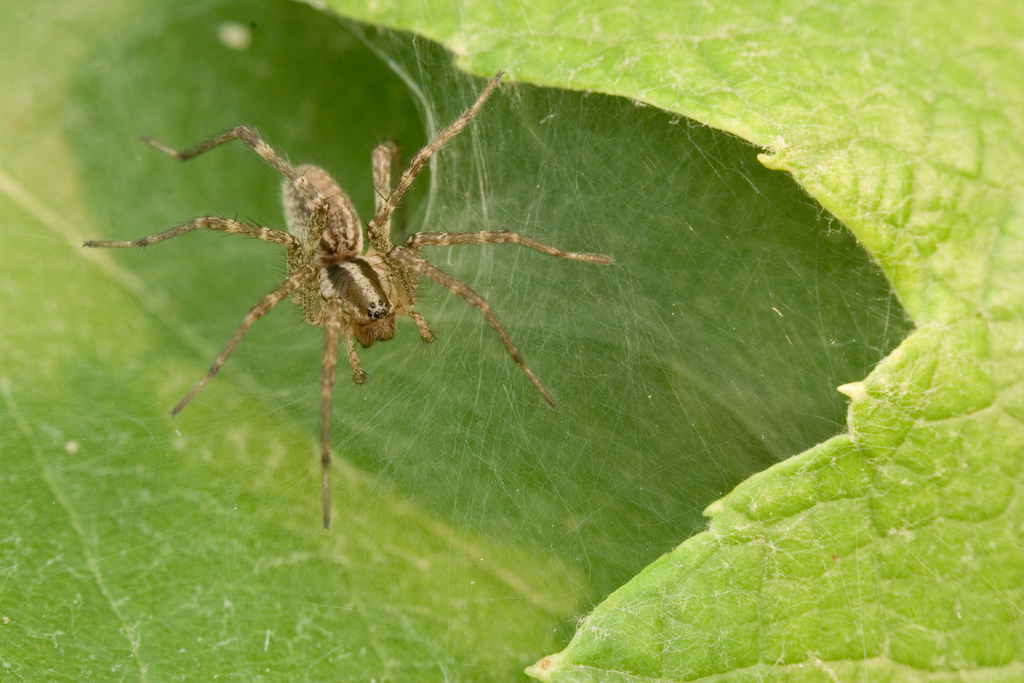
Contrary to popular belief, spiders are not aggressive creatures looking to attack humans. They’re actually quite fearful of us and will go to great lengths to avoid contact. Most spider “attacks” are actually defensive reactions when a spider feels trapped or threatened, such as when accidentally touched or cornered.
Think of it this way: to a spider, you’re a massive, unpredictable giant that could easily crush them. Their primary survival strategy is to hide and remain unnoticed, not to engage in confrontation. The vast majority of people who share their homes with basement spiders never actually encounter them face-to-face.
Why Basements Are Spider Paradise
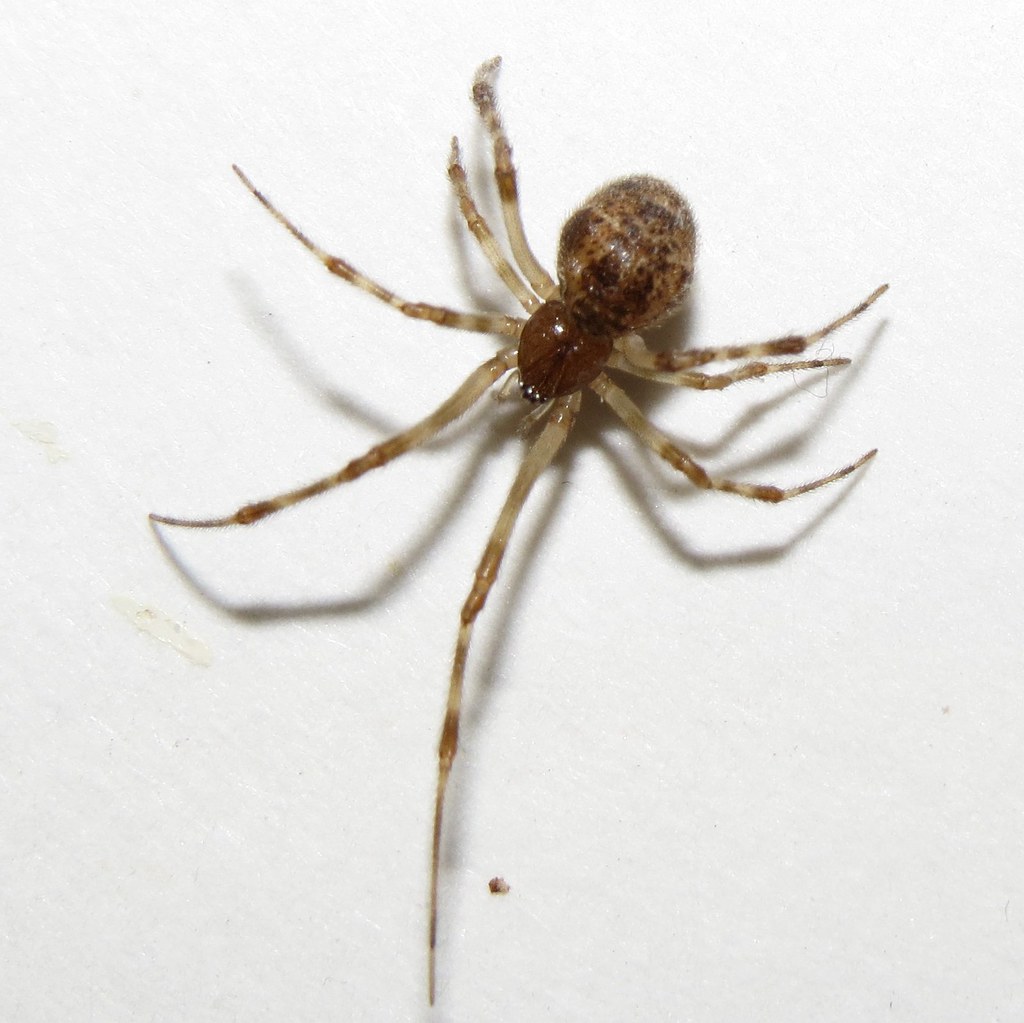
Basements offer the perfect habitat for beneficial spiders: consistent temperature, high humidity, minimal human disturbance, and abundant prey. These conditions mirror the natural environments where these species evolved, such as caves, fallen logs, and forest floor debris.
The structural elements of basements—exposed joists, stone walls, and dark corners—provide ideal anchoring points for webs and hiding spots for hunting spiders. Your basement’s ecosystem is actually supporting a delicate balance that benefits your entire home’s pest control situation.
The Economic Value of Your Eight-Legged Employees
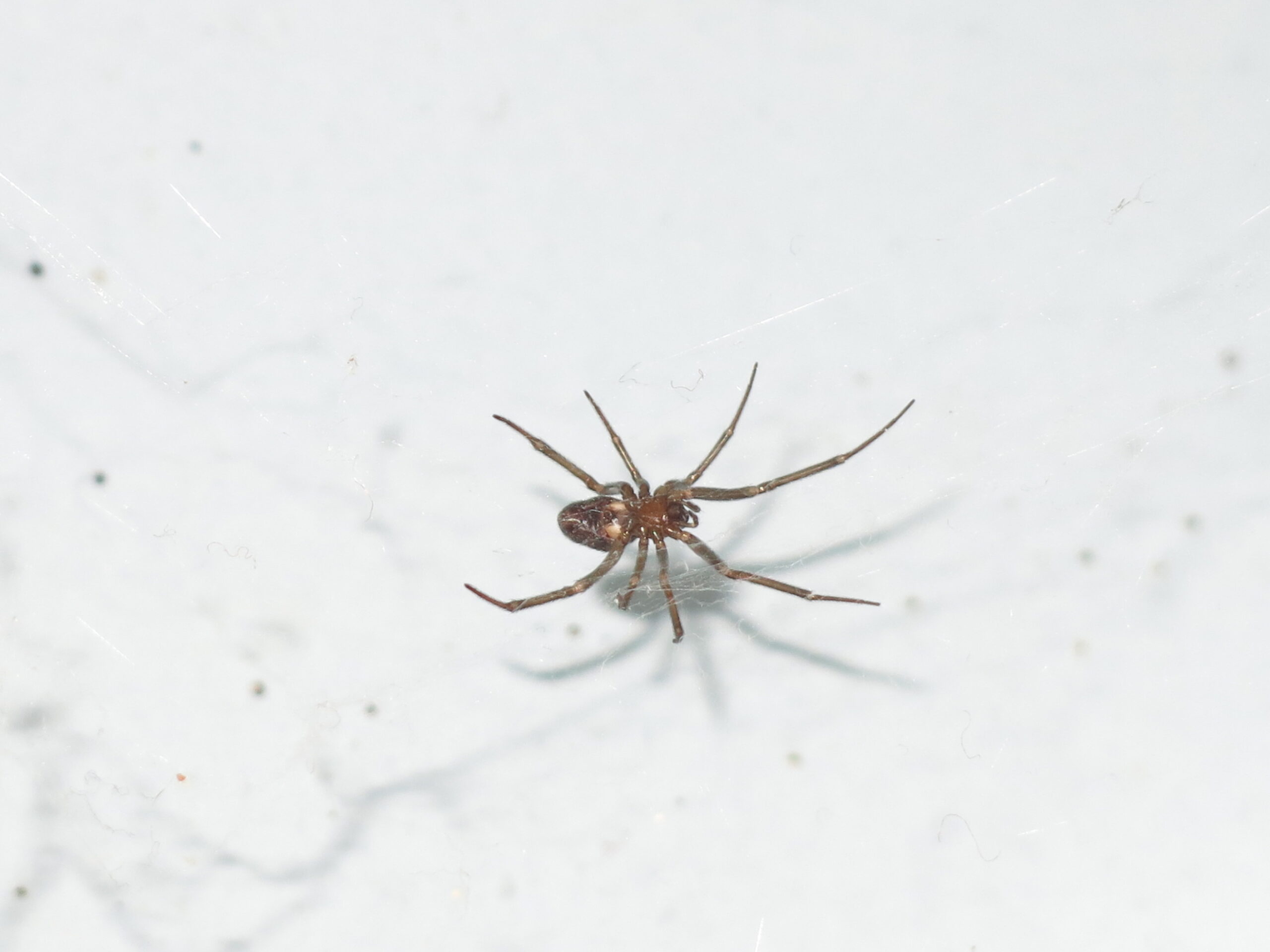
Professional pest control services can cost anywhere from $300 to $1,000 annually for comprehensive treatment. Your basement spiders are providing similar services for free, working continuously without holidays or sick days. They’re also environmentally friendly, using no chemicals that could harm your family or pets.
Consider the cost of replacing items damaged by moths, silverfish, or other pests that spiders prevent from establishing themselves in your home. The preservation of clothing, books, stored food, and other materials represents significant economic value that your spider workforce provides without any compensation.
Common Basement Spider Species and Their Superpowers
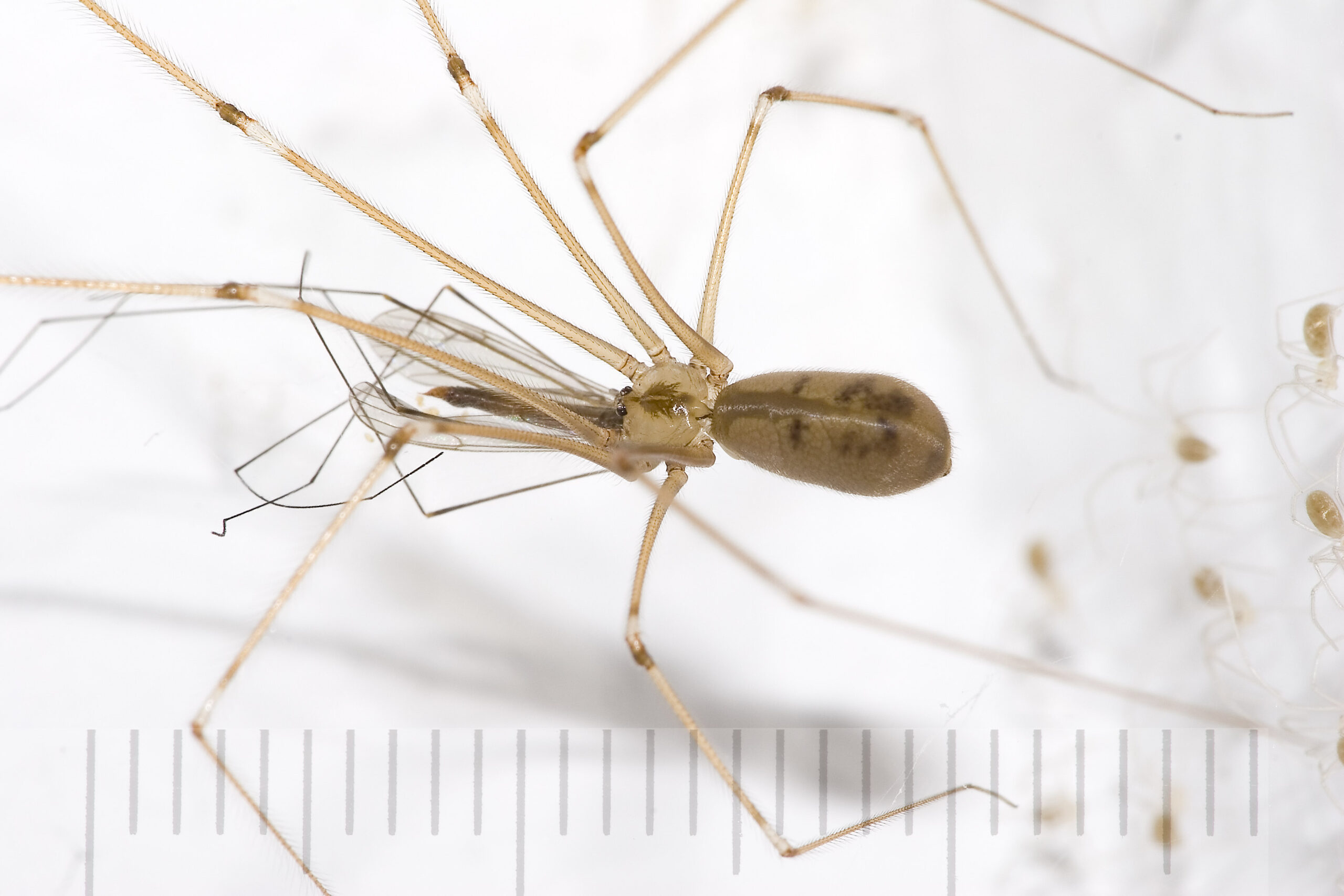
The American house spider is like having a professional web engineer in your basement. They strategically place their webs in high-traffic insect areas and can detect vibrations from prey caught in their silk from several feet away. Their webs are so effective that they often catch multiple insects per day.
Wolf spiders are the ninjas of the basement world. They have excellent eyesight and can hunt in near-total darkness using their sensitive leg hairs to detect air currents and vibrations. Some species can even jump several times their body length to catch prey, making them incredibly efficient hunters.
The Fascinating Web of Benefits
Spider webs aren’t just traps—they’re sophisticated architectural marvels that provide multiple benefits to your home’s ecosystem. Different web designs catch different types of insects, creating a comprehensive pest control network. Orb webs catch flying insects, while cobwebs in corners trap crawling pests.
The silk itself is biodegradable and doesn’t accumulate like synthetic pest control materials might. Old webs naturally break down and are replaced with fresh ones, maintaining the effectiveness of your natural pest control system without creating waste or requiring cleanup.
When to Be Concerned (Spoiler: It’s Rare)
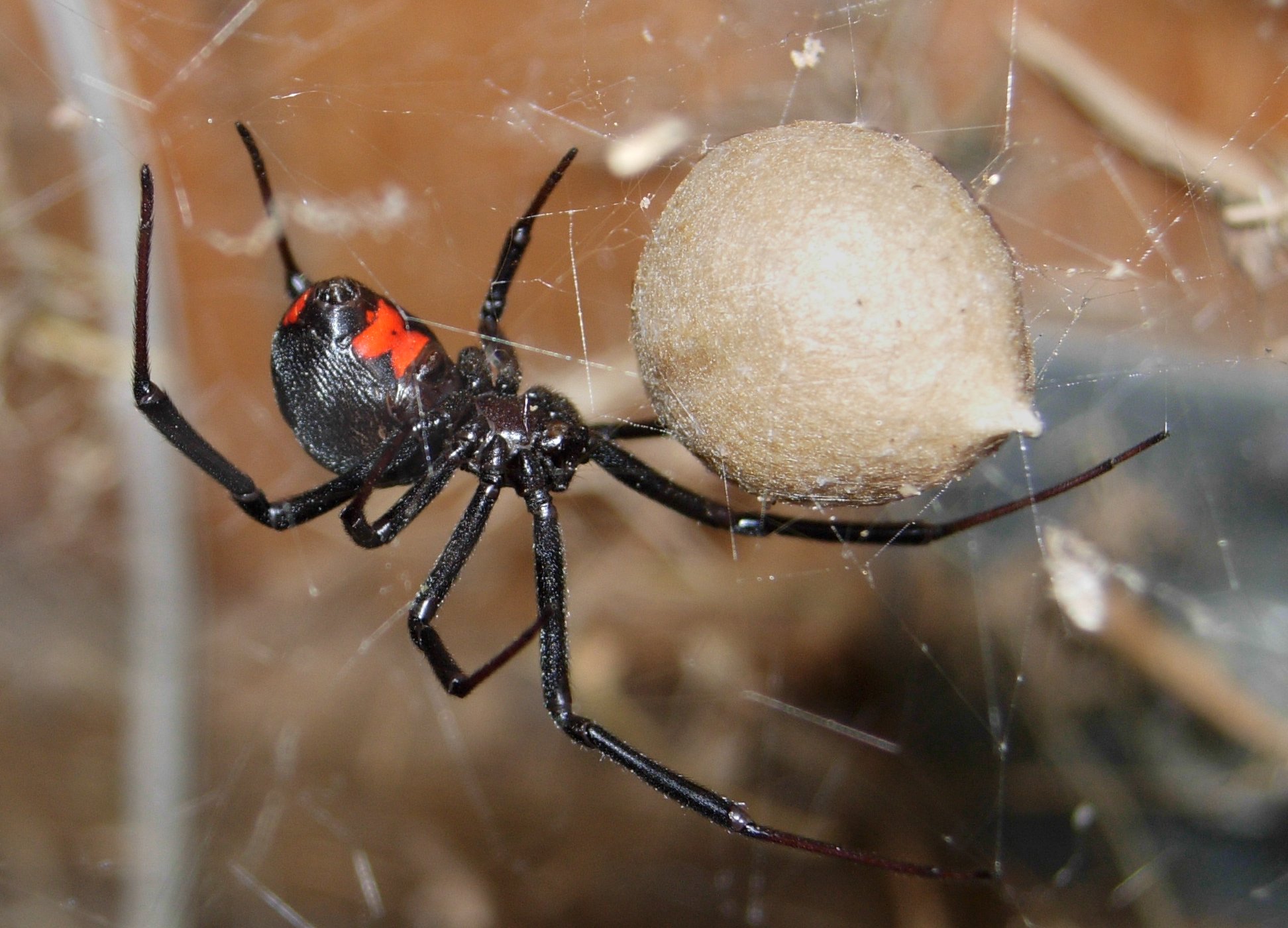
While most basement spiders are completely harmless, there are a few species that warrant caution. In North America, only the black widow and brown recluse spiders pose potential health risks, and even these species are rarely found in typical residential basements.
True dangerous spiders prefer different habitats: black widows like outdoor areas with debris, while brown recluses prefer undisturbed indoor spaces like attics or storage areas. If you do encounter a spider with distinctive markings—like a red hourglass or violin shape—it’s worth having it professionally identified, but such encounters are extremely uncommon in most regions.
The Surprising Intelligence of Your Basement Residents
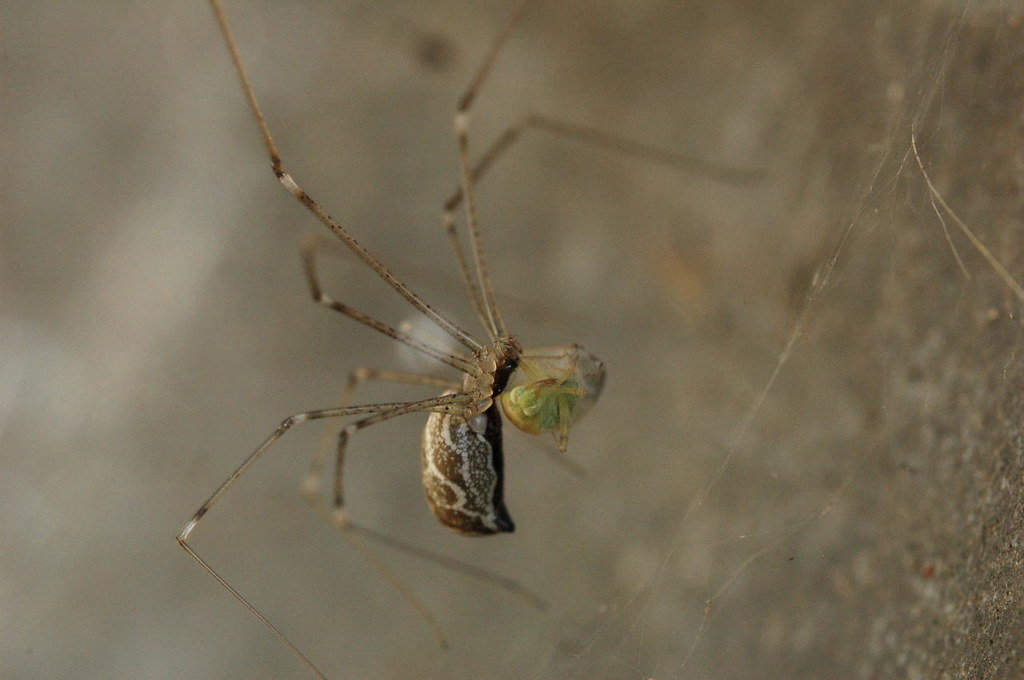
Recent research has revealed that spiders are far more intelligent than previously thought. They can learn from experience, remember the locations of productive hunting spots, and even adjust their web-building strategies based on environmental conditions. Your basement spiders are actively optimizing their pest control operations.
Some species demonstrate problem-solving abilities and can recognize patterns in insect behavior. This means they’re not just randomly catching pests—they’re strategically positioning themselves and their webs to maximize their effectiveness as your home’s natural pest control system.
Creating a Spider-Friendly Environment (Without Inviting Problems)
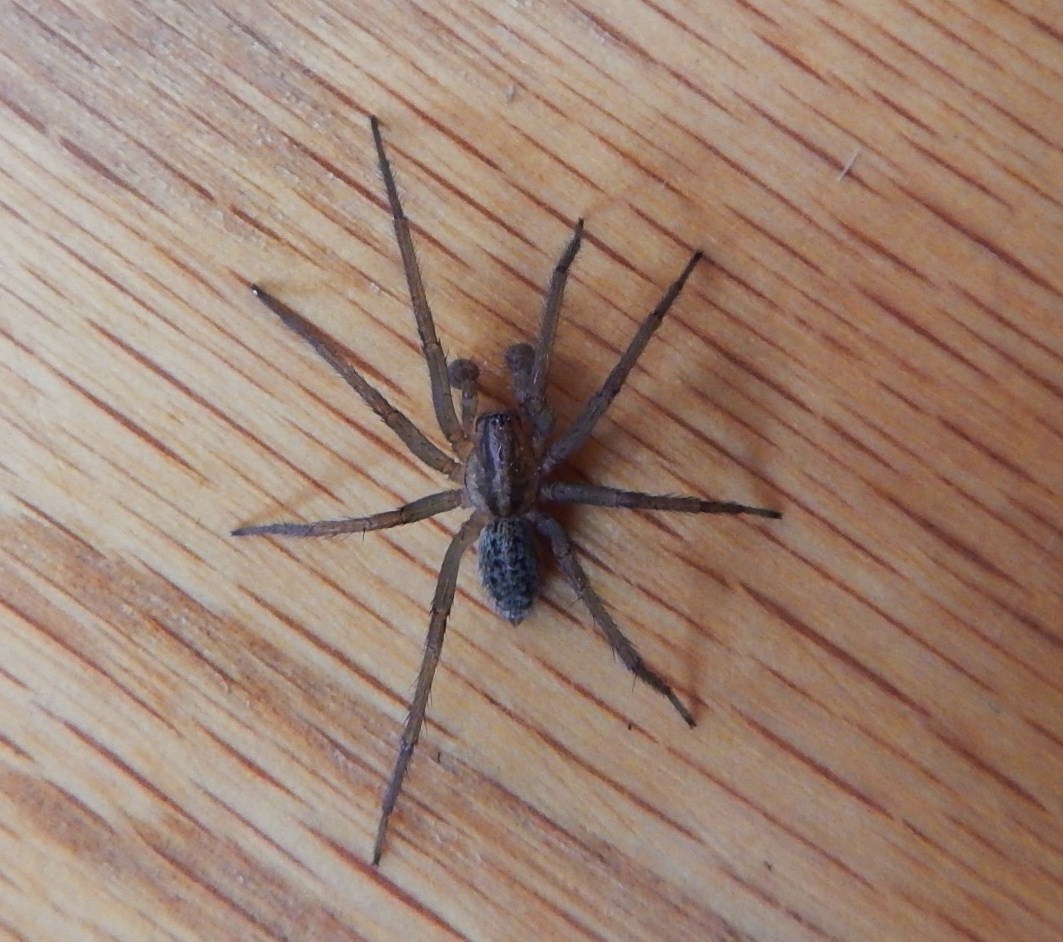
If you want to maximize the benefits of your basement spiders, there are simple ways to maintain a healthy balance. Keeping your basement moderately humid and avoiding excessive pesticide use allows beneficial spiders to thrive while continuing to control harmful insects.
Providing some undisturbed areas where spiders can establish themselves—like leaving a few boxes or storage items untouched—gives them safe spaces to operate from. This doesn’t mean letting your basement become cluttered, but rather being mindful that some hiding spots benefit the overall ecosystem of your home.
The Ripple Effect of Spider Conservation
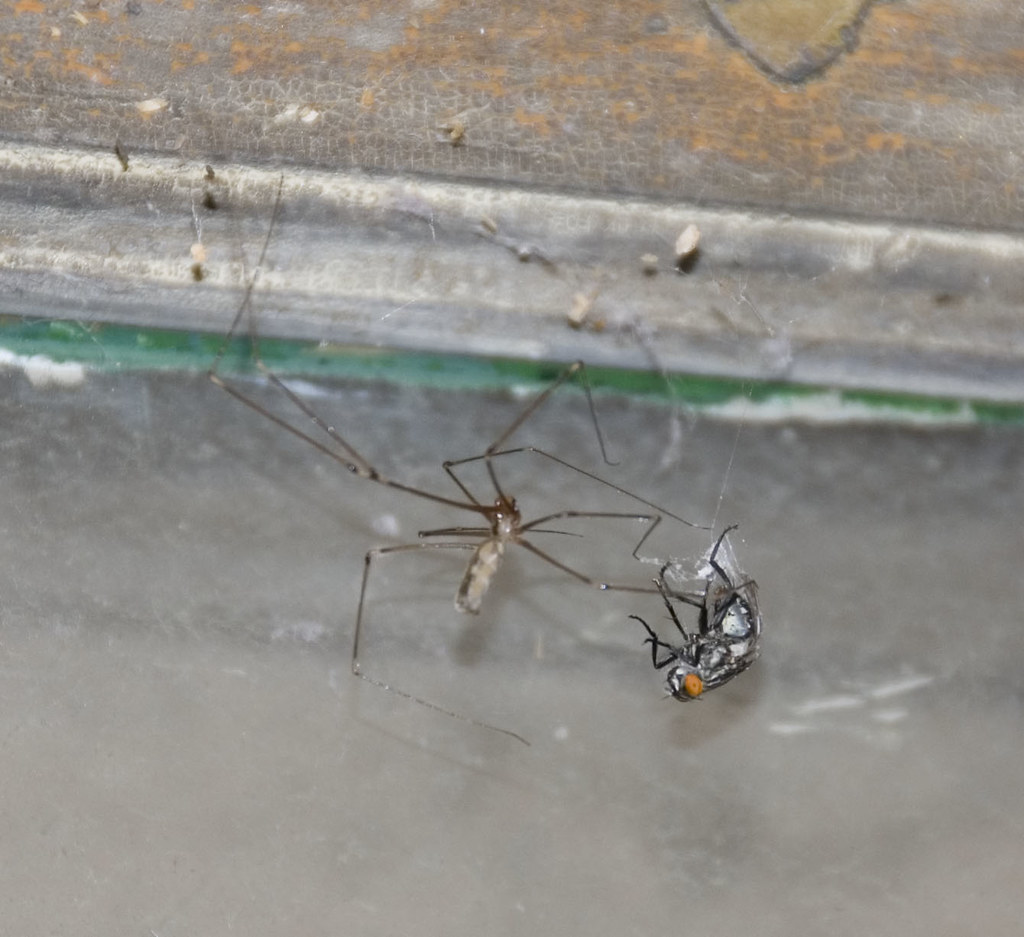
When you allow spiders to live in your basement, you’re supporting a broader ecological network. These spiders serve as food for other beneficial creatures like birds and lizards, which in turn help control outdoor pest populations around your home. It’s a interconnected system that extends far beyond your basement walls.
By maintaining healthy spider populations, you’re also reducing the need for chemical pesticides that can harm beneficial insects like bees and butterflies. Your basement spiders are part of a larger environmental stewardship that starts in your own home and extends to the broader ecosystem.
Conclusion: Your Basement’s Hidden Heroes
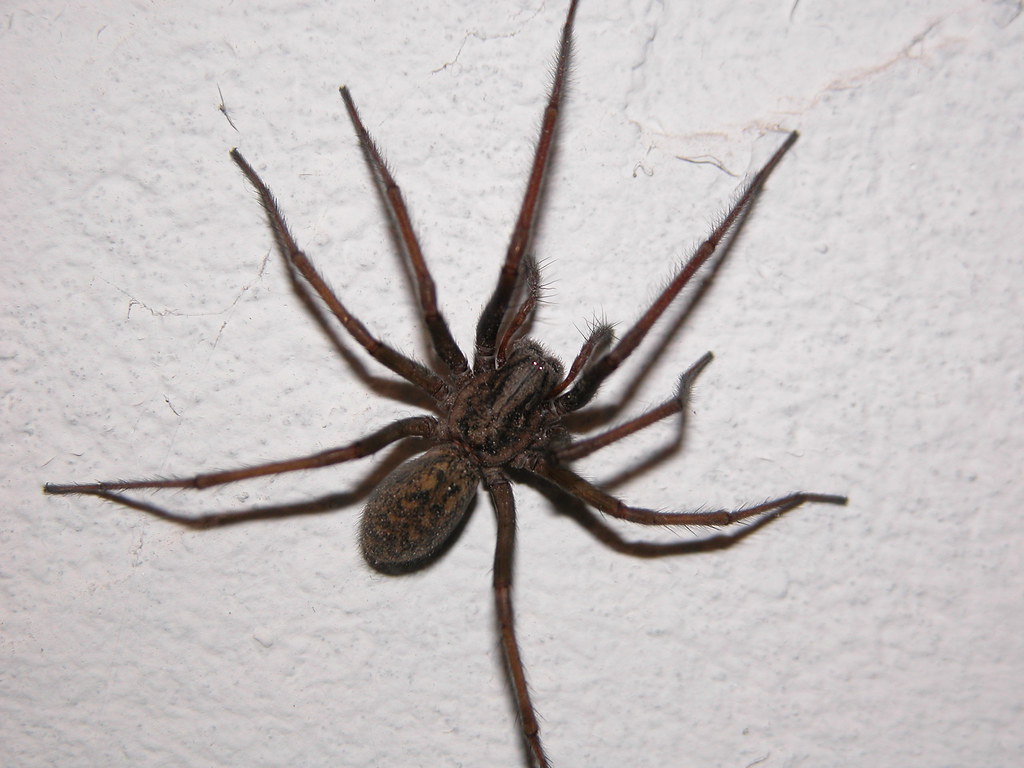
The next time you spot a spider in your basement, remember that you’re looking at one of nature’s most effective pest control specialists. These remarkable creatures are working tirelessly to keep your home free from the insects that actually pose problems, all while asking for nothing more than a quiet corner to call home.
Rather than reaching for that shoe or spray bottle, consider the incredible value these eight-legged employees bring to your household. They’re providing free, continuous, environmentally friendly pest control that would otherwise cost you hundreds of dollars annually. Your basement spider isn’t just harmless—it’s actively making your home a better, more comfortable place to live.
The choice is yours: you can continue viewing these creatures as unwanted intruders, or you can appreciate them as the beneficial partners they truly are. What would you choose now that you know the real story behind your basement’s secret guardians?

